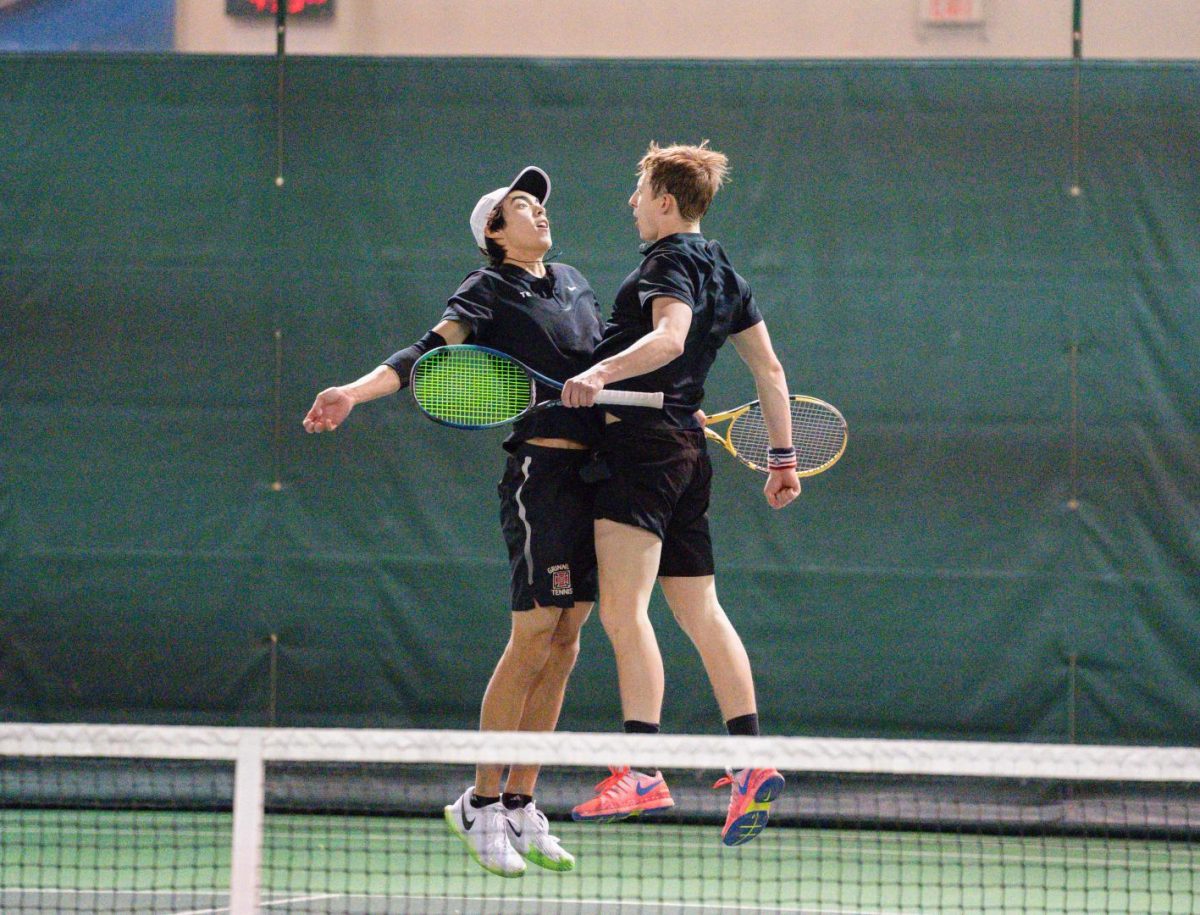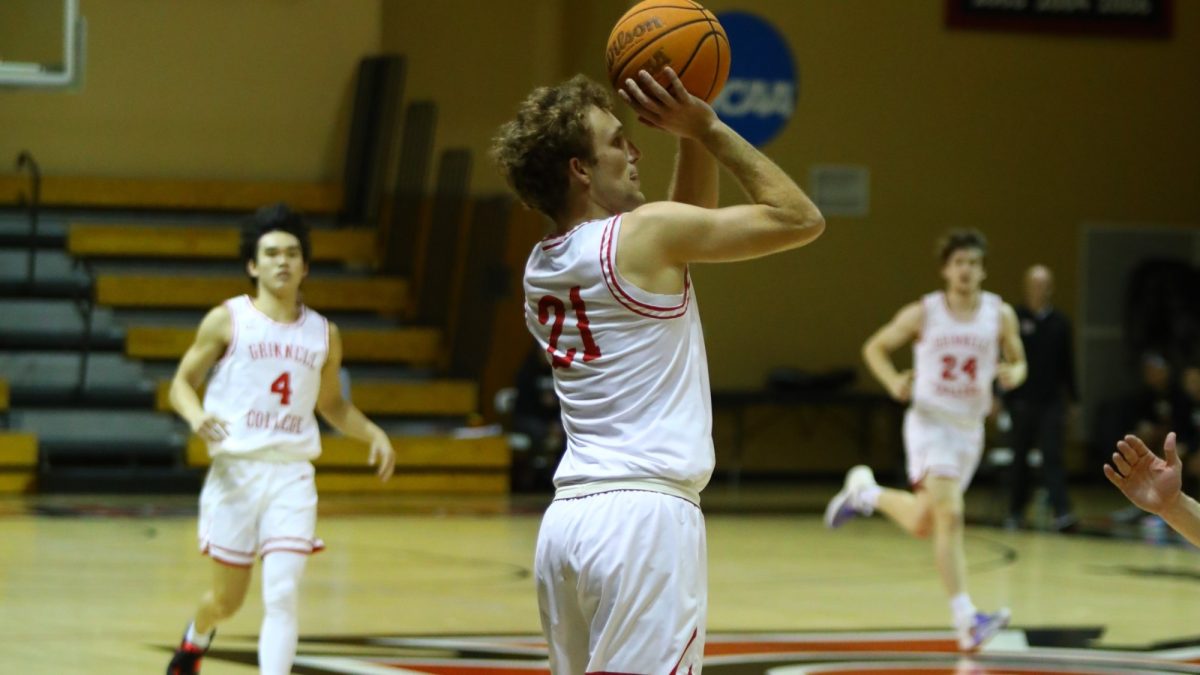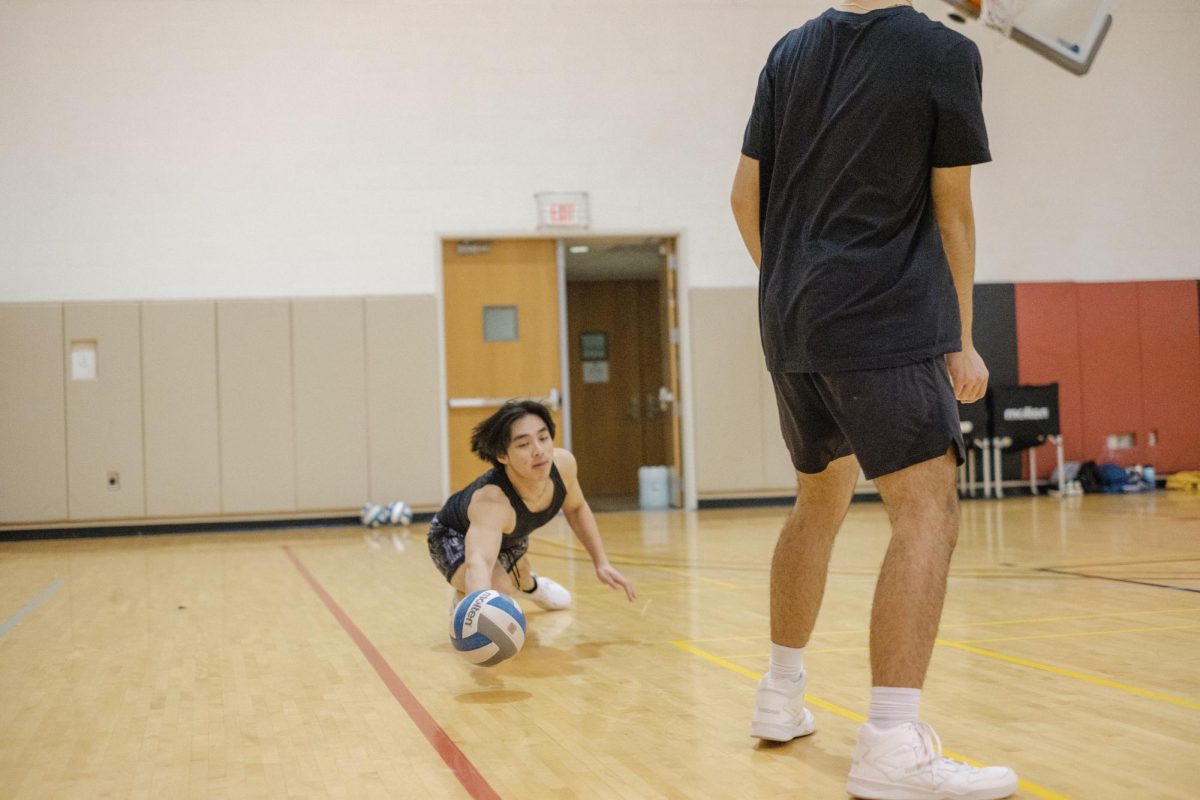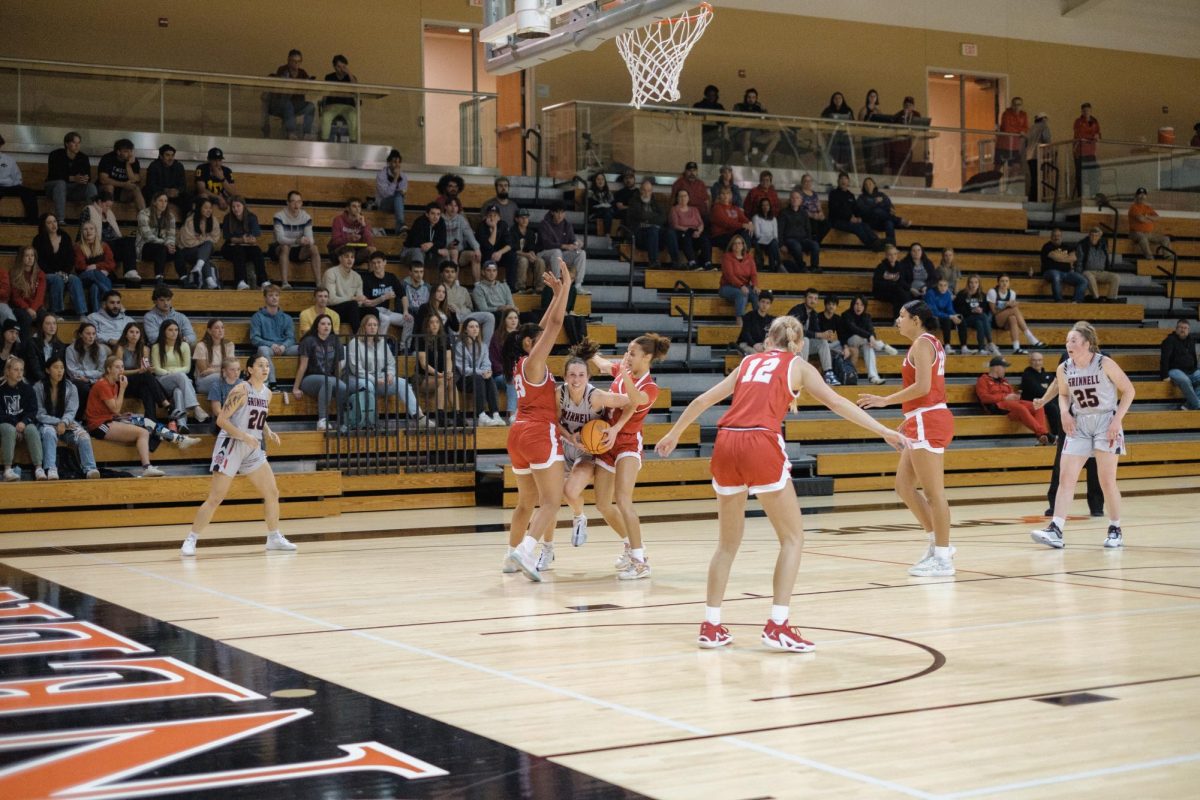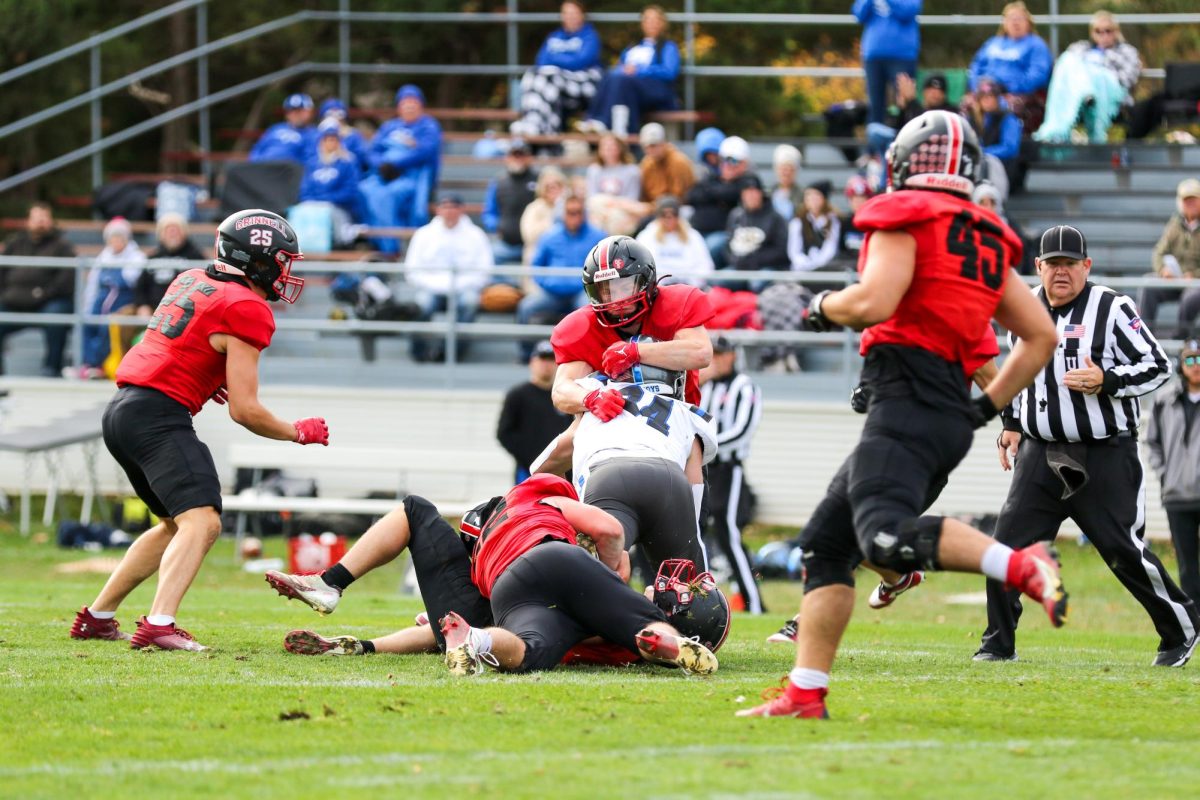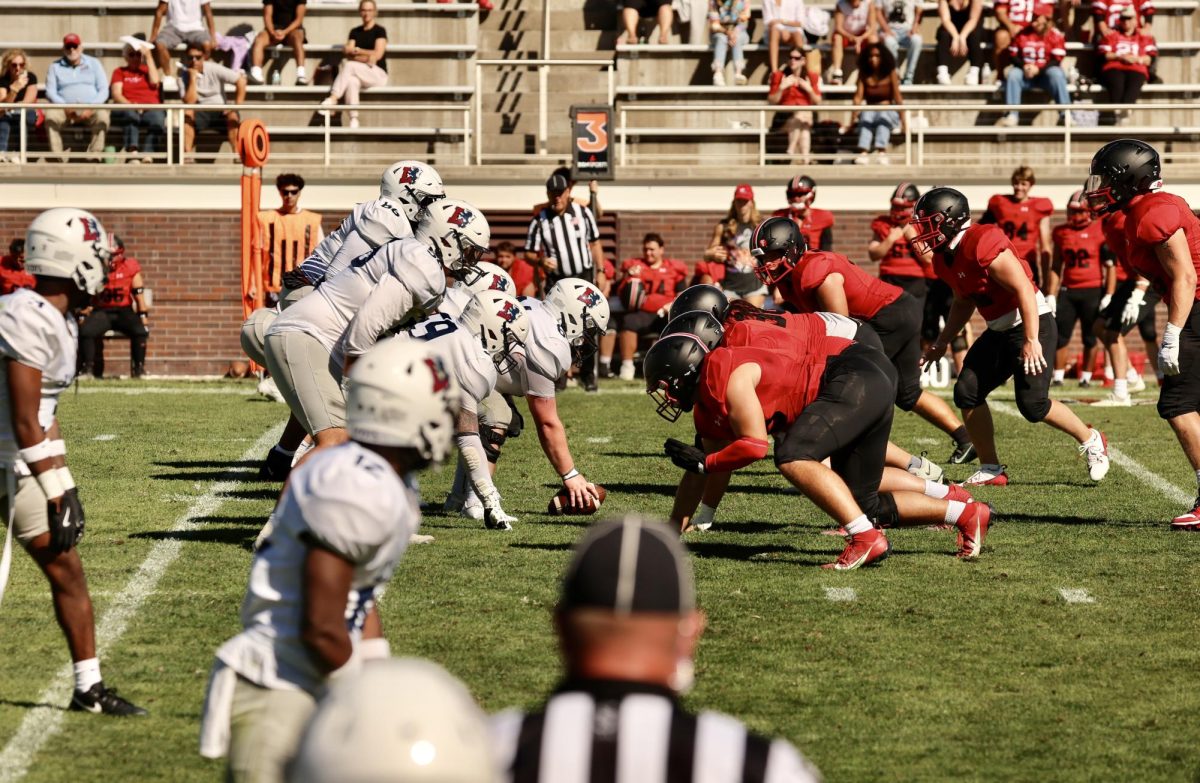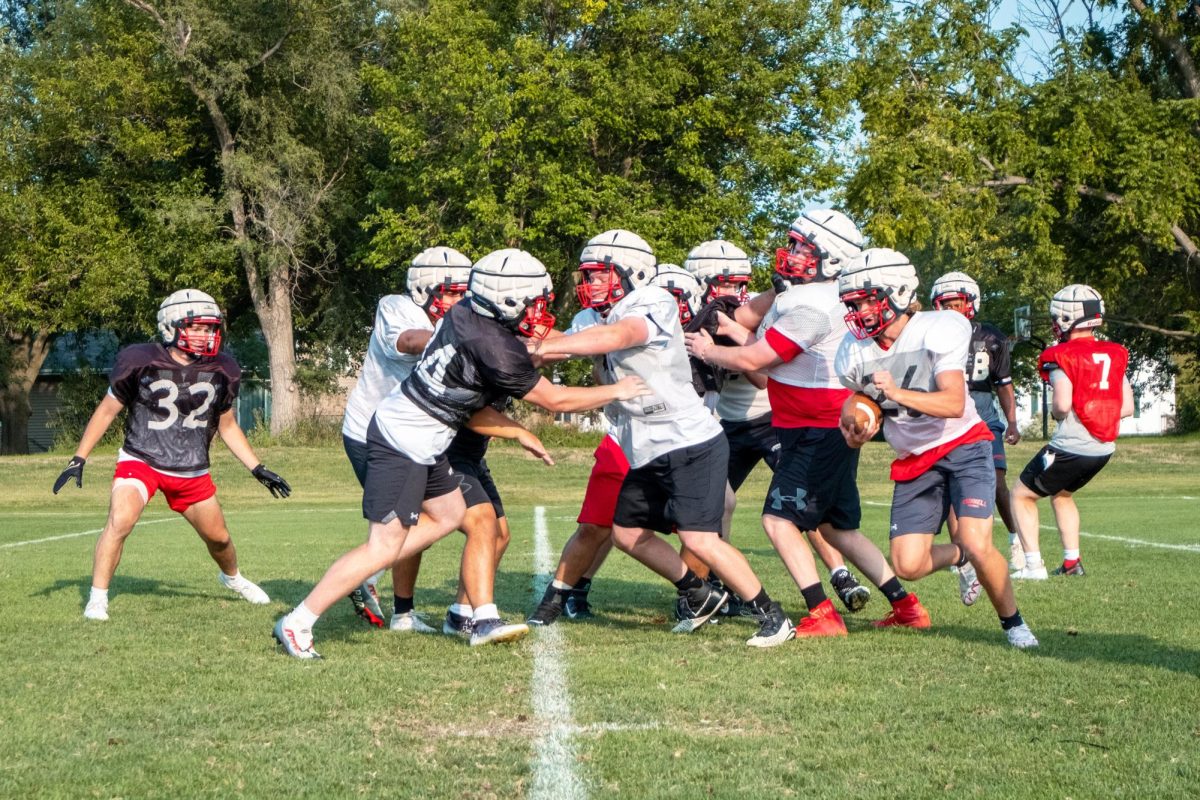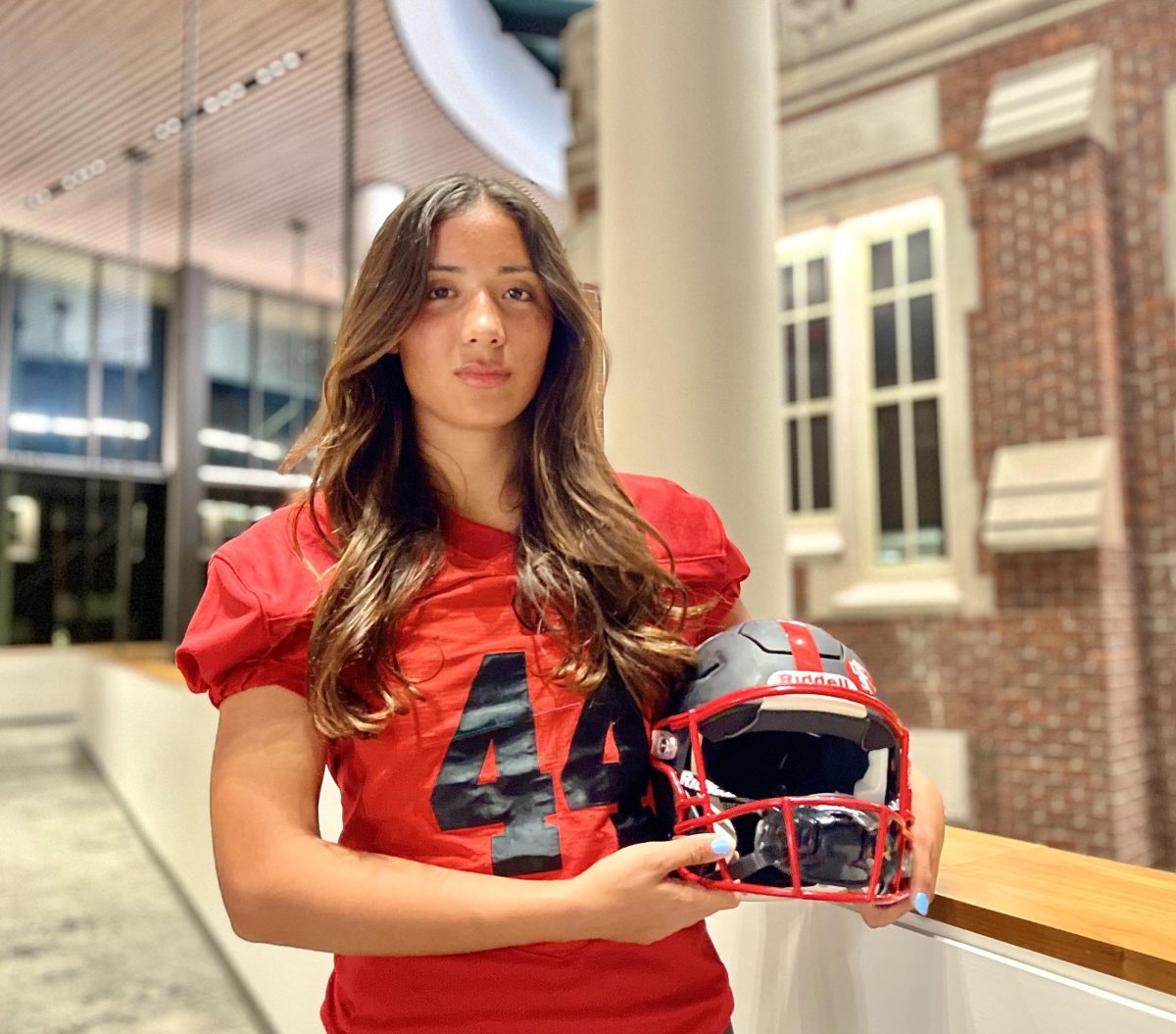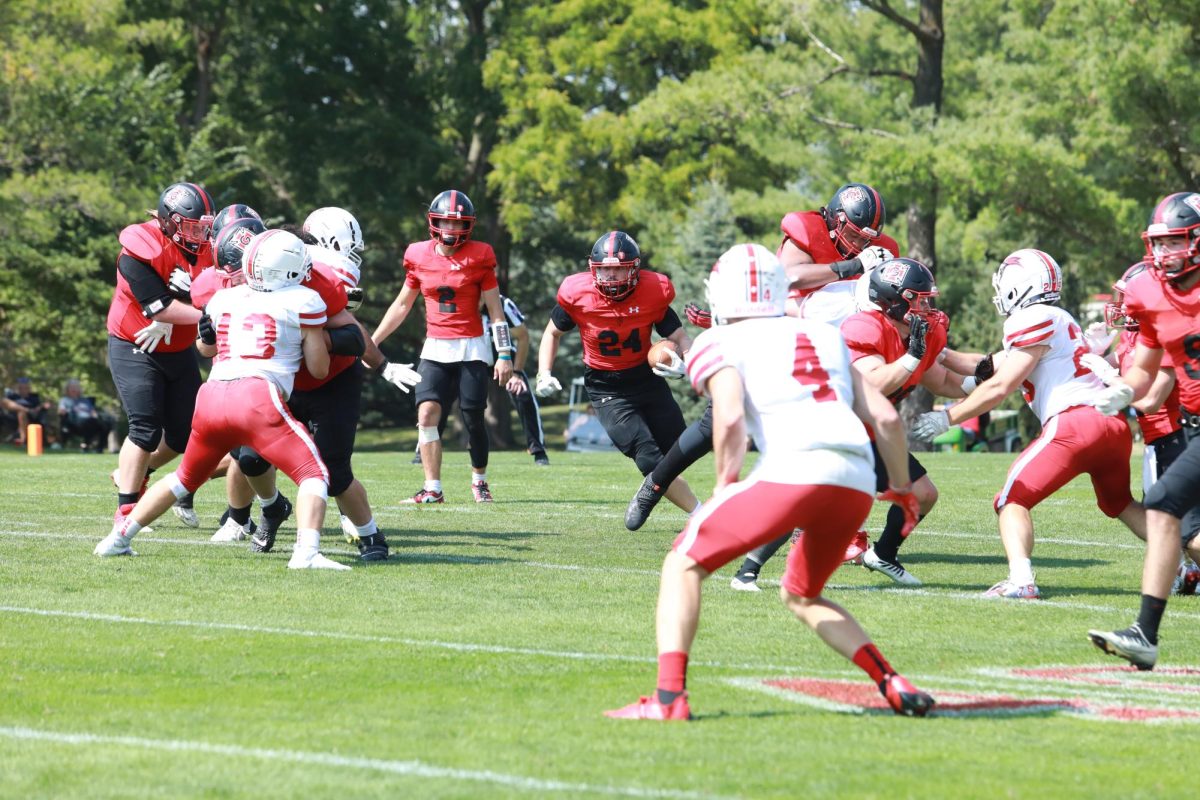Grinnell College head football coach Brent Barnes has made noticeable changes to the team’s cultural dynamics since joining the team last semester. Players testify that he has opened lines of communication and changed expectations for the team’s academic prowess and social values.
Barnes has been coaching football for 20 years, his last position being the defensive coordinator at Alfred State College, an NCAA Division III school. When Barnes joined the Grinnell College football team, he had one-on-one conversations with team members to learn what they wanted to happen going forward.
“Everyone told me they wanted change,” Barnes said. “I’ll bring that change.”
Barnes said there is a lot of work going on behind the scenes with recruiting and creating a public image for the football team through social media and marketing. With recruiting, Barnes said he looks for students that have talent and more importantly are interested in and able to excel at an elite academic institution. He also said, “We’re looking for people who understand how to treat other people.” To Barnes, that includes teammates, classmates and competitors.
Running back Danny Carter ’22 said that the “team has been struggling with forming a group identity.” He said that it was hard to hold people accountable for their training or showing up to group meetings.
Everyone told me they wanted change. I’ll bring that change. – Brent Barnes
Loyal Terry, a second year running back, noted how Barnes has been working to change the College community’s perception of the football team. “Barnes has made it a point to cut out childish or disrespectful behavior,” said Terry.
Terry said he felt the team had a sexist, racist and toxically masculine culture when he joined his first year. He also said that the perception that other students had of the football team was less than ideal. Interacting with other students while identifying as a football player was hard, Terry said. “I could feel the weight of just being a member of the football team. It was a lot.”
He said that the reputation was warranted to a certain extent, but that the football team has a worse reputation than it deserves. Terry began talks with the new coach to convey his disapproval of the team’s culture and saw immediate results.
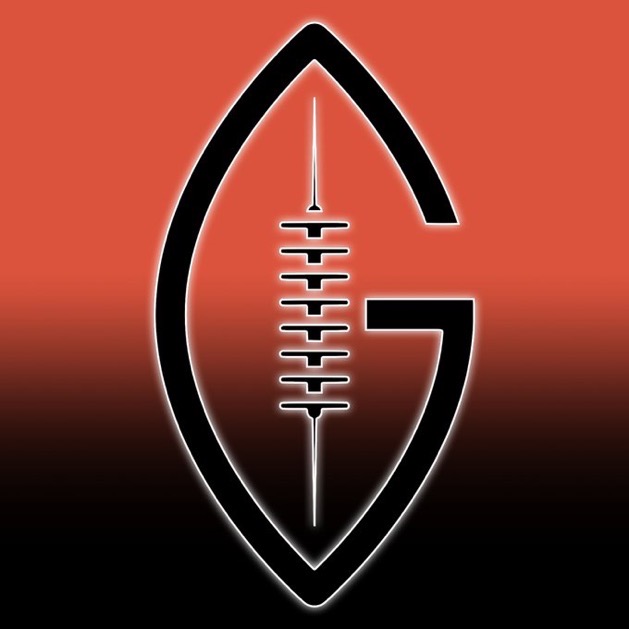
“I was like, ‘These things are going on. I don’t want to be on a team like this.’ Within a week’s time we had a meeting about changing the culture and what to expect,” he said. “I was happy to have a coach who acknowledged it and gave comfort in showing us we’re not crazy.”
Barnes set up a leadership council with players from each class year. Carter said this council was created to promote transparency and communication; it was in place for three to four weeks before students left Grinnell due to COVID-19. During that time, the football team made a new logo and jerseys. “We wanted to rebrand, form a new identity, form team values and create a culture,” said Carter.
Carter also said that getting a new coach has brought a level of excitement back to the team. He said that Barnes has made it clear that he is not going to waste the players’ time with meetings or practices that run too long and impede academics. “He makes it a point that every moment is meaningful,” said Carter.
Instead of full group meetings every week, Barnes does individual or section meetings every other week. During individual meetings, Barnes checks in with the players to see how they are. “We just talk about football, which is really nice. It’s also just a time to ask any question about anything. He just allows us to talk,” Carter said.
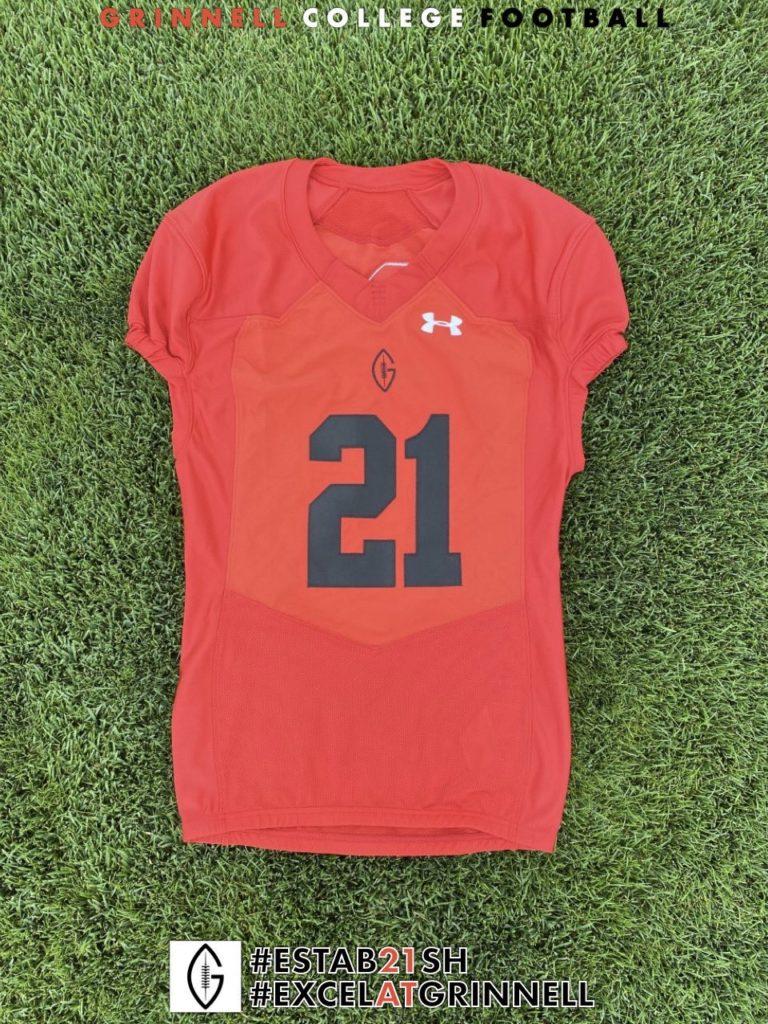
Barnes said that when he checks in with the players, he asks how they are, how their family is and how they feel about classes online. “It’s probably something more important than football. Is everything okay where you are right now?” he said of these conversations.
Terry said that Barnes understands when other aspects of life are more important than football, especially academic opportunities. And while, Grinnell football usually engages in a mandatory spring season of practices with multitudes of team workouts, Terry recalled times when teammates were trying to decide on spring internships. He said Barnes made sure the team member was comfortable choosing the internship that would help his career in the long run.
“I really appreciated feeling like I didn’t have the pressure to have to choose,” Terry said.
Barnes said he understands that the players have a lot going on, especially now that they are living off-campus. He said that a lot of players have jobs in addition to training and schoolwork, and the stress of studying from home can be difficult.
Part of what drew Barnes to Grinnell was the students and staff. He said that the students asked the best questions and that he was impressed with everyone he met.
“You don’t get that way without having a culture already there. Grinnell culture has to be pretty special to warrant the way I felt when I interviewed at the place,” said Barnes.
Barnes said that, in the future, he wants the players to embrace their identity as student athletes, which means being active in clubs, volunteering and going to class. “I want the football program to be perceived as an asset across campus.”





















































